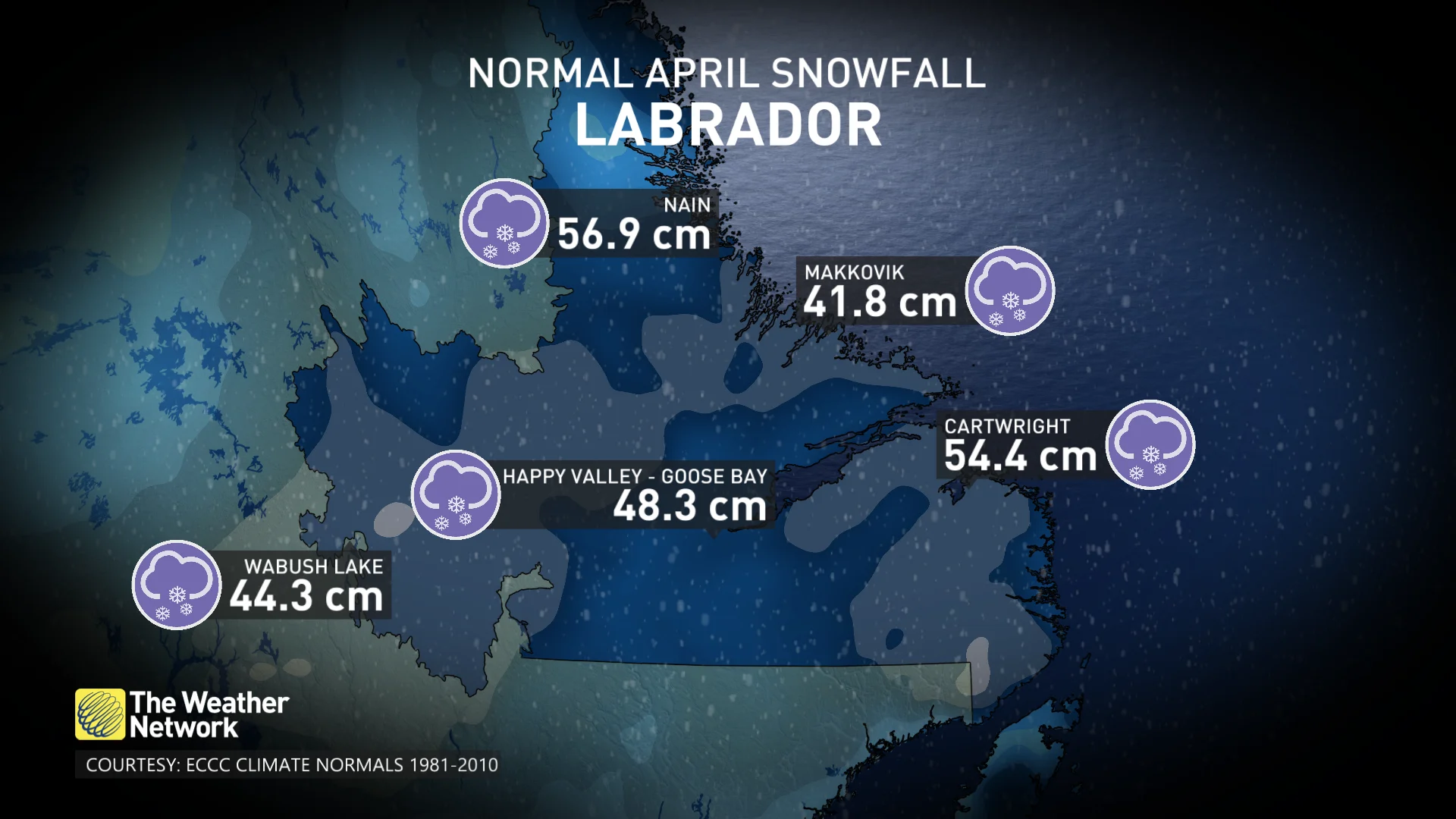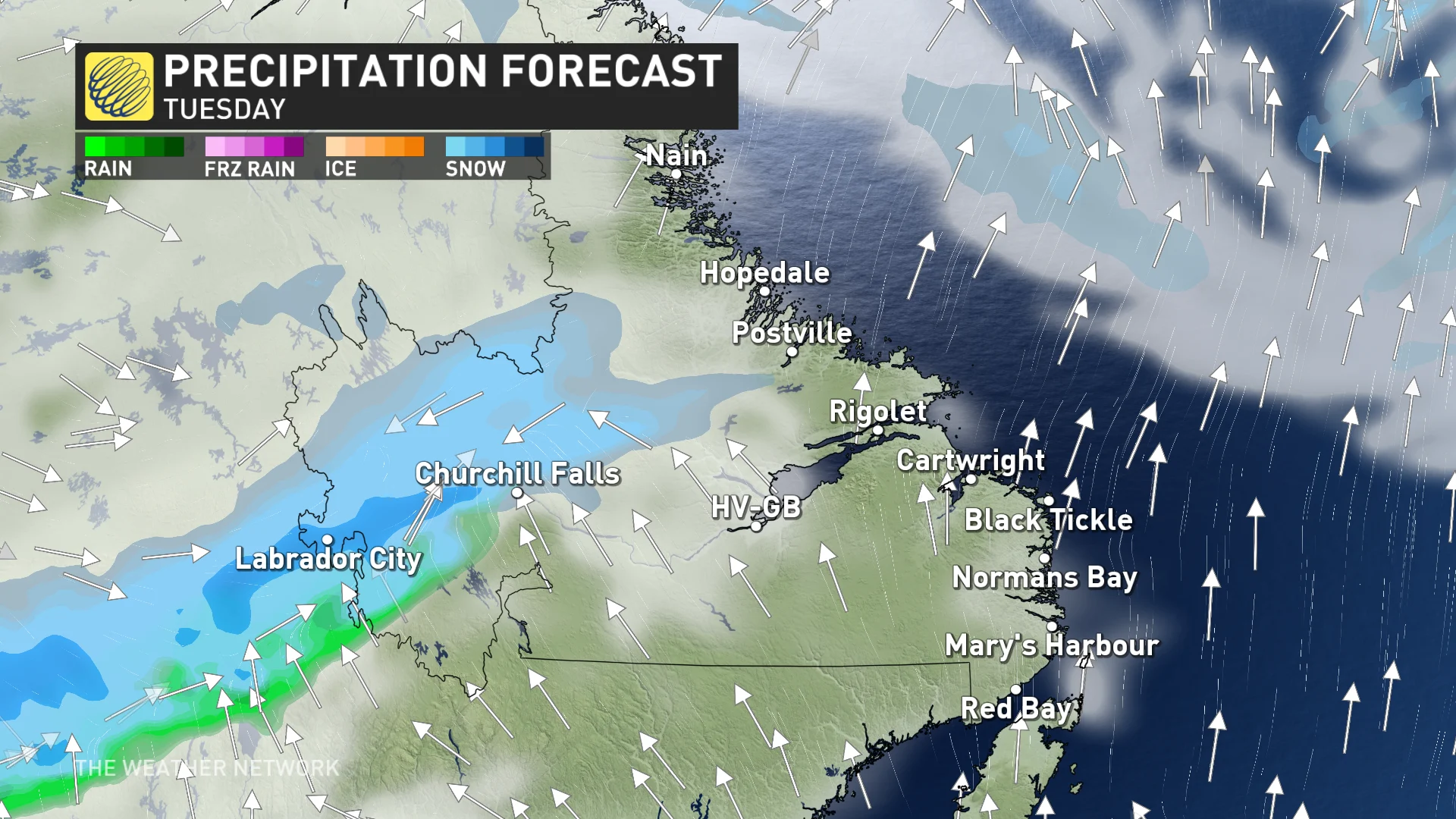News
2020 Canada’s new laws and rules everything you need to know

|
|
TORONTO —
As we usher in another decade, a number of new laws and rules will come into effect in 2020 that may have an impact on your way of life. That includes changes to federal divorce laws, as well as cannabis and vaping regulations in some provinces.
Here are the highlights you need to know:
CANADA-WIDE
Federal tax changes
The basic amount most Canadians can earn tax-free is going up on Jan. 1, to $13,229. The increase is being phased in over four years until it reaches $15,000 in 2023.
For Canadians in the lower income brackets, the changes could result in tax savings of up to $140 in 2020. For those earning more than $150,473 annually, those savings will be clawed back or not offered at all.
Also starting on Jan. 1, the employment insurance premiums for individual workers and employees will slightly decrease. The maximum annual EI contribution for a worker will fall by $3.86 to $856.36 and employers’ maximum contribution will fall $5.41 to $1,198.90 per employee.
Changes to the Divorce Act
Federal laws related to divorce proceedings and family orders were amended with the passage of Bill C-78, with the majority of changes to the Divorce Act coming into effect on July 1, 2020.
The changes include updated criteria to determine a child’s best interests in custody cases, as well as measures to address family violence when making parenting arrangements.
The changes also aim to make the family justice system “more accessible and affordable” for everyone involved.
The Divorce Act applies to married couples who are divorcing, while provincial and territorial legislation applies to all other spousal separations, including those involving unmarried and common-law couples.
Overhauling the Indigenous child welfare system
Legislation known as the Act Respecting First Nations, Inuit and Métis Children, Youth and Families will come into full force on Jan. 1, 2020. It is meant to overhaul Canada’s Indigenous child welfare system, which critics have for years described as inadequate and discriminatory.
The changes to the legislation were developed with input from the Assembly of First Nations and experts across the country, and AFN says the new rules are “consistent” with the UN Declaration on the Rights of Indigenous Peoples.
BRITISH COLUMBIA
Minimum wage increase
As of June 1, 2020, the minimum wage in the province will increase to $14.60 per hour, from the current hourly rate of $13.85. In June 2021, the minimum wage is expected to increase to $15.20 per hour.
New vaping regulations
The province is planning to roll out much tougher rules when it comes to sale and promotion of vaping products in the wake of increasing concerns about the health effects of vaping.
Among the new rules: the provincial sales tax on vaping products will increase significantly on Jan. 1, from seven to 20 per cent.
No more health-care premiums
B.C. is eliminating the provincial health-care premiums for its residents as of Jan. 1. The government says the elimination of the Medical Service Plan premiums will save individuals up to $900 and families up to $1,800 per year.
ALBERTA
New carbon tax
The federal government will start imposing its carbon tax on Alberta on Jan. 1. Albertans will pay $20 per tonne of CO2 until April 2020, when the price will rise to $30 per tonne.
This means that Albertans will now be eligible for the carbon tax rebate when they file their income taxes. The rebate amounts will be as follows:
Single adult or first adult in a couple: $444
Second adult in a couple or first child of a single parent: $222
Each child under 18: $111
Baseline amount for a family of four: $888
Property division changes under family law
On Jan. 1, certain changes to the provincial family law will make it easier for unmarried partners to divide their property if they break up.
The Matrimonial Property Act will be amended to apply to both “adult interdependent partners” and legally married spouses. Other changes to the Act include clarifying property division rules and when couples can enter into property ownership and division agreements.
SASKATCHEWAN
Big fines for distracted driving
Starting on Feb. 1, 2020, the province will significantly increase fines for distracted driving.
Fines for first-time offenders will more than double from the current $280to $580. A conviction will also cost the driver four demerit points.
A second distracted driving offence within the same year will cost $1,400, four demerits and an immediate week-long vehicle seizure. A third offence within the same year will cost the driver $2,100.
Changes to federal carbon tax rebates
The federal government has adjusted the carbon tax rebates for residents of provinces that have not adopted their own carbon pricing models. For Saskatchewan, the 2020 rebates, which must be claimed on the 2019 income tax returns, are as follows:
Single adult or first adult in a couple: $405
Second adult in a couple or first child of a single parent: $202
Each child under 18: $101
Baseline amount for a family of four: $809
MANITOBA
Changes to federal carbon tax rebates
For Manitoba residents, the 2020 federal carbon tax rebates, which must be claimed on 2019 income tax returns, are as follows:
Single adult or first adult in a couple: $243
Second adult in a couple or first child of a single parent: $121
Each child under 18: $61
Baseline amount for a family of four: $486
ONTARIO
No more out-of-country health insurance coverage
The Ontario government’s move to scrap its out-of-country health insurance takes effect on Jan. 1. This means that Ontarians who fall ill while travelling can no longer claim the $400-a-day maximum coverage for inpatient emergency care and the $50-a-day maximum allowed for emergency outpatient services (such as an MRI or a CAT scan) that, until now, were provided by OHIP.
The provincial government has defended its decision by saying that the OHIP coverage was minimal and “inefficient,” given the high cost of medical care abroad – and especially in the United States — that usually requires private travel insurance.
E-scooters on roads
As part of a five-year pilot project, the Ontario government will let municipalities decide whether to allow e-scooters on their roads.
Operating e-scooters is currently only allowed on private property in the province.
The pilot project starts on Jan. 1. E-scooter drivers will have to be at least 16 years old and wear a helmet.
Restrictions on advertising vaping products
On Jan. 1, Ontario will ban the promotion of vaping products in convenience stores and gas stations, in response to growing concerns about the health effects of vaping on young people.
The province will still allow vaping to be promoted in specialty stores and cannabis shops, which are only open to those aged 19 and older.
Dogs on restaurant patios
Starting Jan. 1., Ontario will give restaurants and bars the option to allow dogs on their patios, in areas where “low-risk foods” (such as pre-packaged snacks and beer) are served. The move is part of a slew of changes enacted by the passage of Bill 132, also known as the Better for People, Smarter for Business Act.
Changes to federal carbon tax rebates
For Ontario residents, the 2020 federal carbon tax rebates, which must be claimed on 2019 income tax returns, are as follows:
Single adult or first adult in a couple: $224
Second adult in a couple or first child of a single parent: $112
Each child under 18: $56
Baseline amount for a family of four: $448
QUEBEC
Legal age for cannabis
As of Jan. 1, the minimum legal age to possess or purchase cannabis in Quebec will be raised to 21. That will make it the highest legal age to purchase cannabis in Canada, compared to a legal age of 19 in the majority of the country.
‘Values test’ for immigrants
Starting on Jan. 1, economic immigrants who want to settle in Quebec will have to pass the province’s controversial “values test.” The test will include questions about secularism in Quebec, religious symbols, same-sex marriage and gender rights.
The test will not apply to newcomers who are refugees or arriving in Canada via family reunification programs, since they come under the federal government’s jurisdiction.
NEW BRUNSWICK
No more annual motor vehicle inspections
As of Jan 1., the province will no longer require drivers to get their personal vehicles inspected every year. Instead, the inspections will be required every two years. The cost of inspecting a vehicle will also go up, from $35 to $45.
NOVA SCOTIA
Changes to income assistance
On Jan. 1, the province will implement changes that will increase the amount of money people on income assistance receive. The increase will vary from two to five per cent, depending on the recipient’s living situation and family size.
The change is a result of a new “Standard Household Rate” that replaces personal and shelter allowances for people on income assistance.
Plastic bag ban
Nova Scotia will join several other provinces in banning most single-use plastic bags at store checkouts next fall. Retailers will still be allowed to use the bags for live fish and bulk items, and there will also be exemptions for food banks and charities.
The ban will come into effect on Oct. 30, 2020.
Ban on flavoured e-cigarettes
Nova Scotia has previously announced that it will be the first province to ban sales of flavoured e-cigarettes and vaping juices as part of regulatory changes that take effect April 1, 2020.
NEWFOUNDLAND AND LABRADOR
Plastic bag ban
The province will join Nova Scotia and Prince Edward Island in banning retail plastic bags. While no exact date of enforcement has been set for the ban, the provincial government says that, by mid-2020, shoppers should bring their own reusable bags to grocery stores and other retailers.
New rules to address workplace harassment
The province’s expanded regulations regarding workplace harassment take effect Jan. 1. The changes include new training requirements for employers and employees, as well as “a secure and confidential means” for employees to file harassment complaints.
With files from The Canadian Press
News
Body believed to be missing B.C. kayaker found in U.S., RCMP say – CBC.ca


The RCMP say a body that was recovered by authorities in Washington state is believed to be one of two kayakers reported missing off Vancouver Island on Saturday.
Const. Alex Bérubé said the identity of the body found on San Juan Island, just south of the border, is still to be confirmed by the coroner.
A search has been underway in the waters off Sidney, B.C., about 25 kilometres north of Victoria, since the two kayakers were reported missing.
RCMP previously said Daniel MacAlpine, 36, and Nicolas West, 26, went missing while kayaking from D’Arcy Island to View Beach on Saturday afternoon. They were in a teal blue, fibreglass, two-person kayak.
Police said members of the Central Saanich Police Department and Peninsula Emergency Measures Organization search and rescue were involved in the search, and the Joint Rescue Co-ordination Centre and Canadian Coast Guard were also assisting.
News
Some Canadians will be digging out of 25+ cm of snow by Friday – The Weather Network
Digital WritersThe Weather Network


Prepare for multiple rounds of April snowfall this week, as Labrador braces for wintry conditions. This onslaught of snow is expected to blanket the region, potentially leading to hazardous travel conditions and disruptions throughout the week
As we march even deeper into the heart of the spring season, many parts of Canada are finding it tough to find any consistent signs of warming weather. Add to the mix periods of snow and wintry precipitation, and it’s safe to say the winter season is certainly not going out without a strong fight.
This week, parts of the East Coast will bear the brunt of the winter weather, with multiple rounds of April snowfall stacking up in Labrador. The chances for snow flurries will stick around all week long, bringing as much as 25 cm for some.
MUST SEE: Extreme pattern over Arctic produces 50+ degree temperature spread
Although 25+ cm of snow in April may seem extreme, for this part of the country, it’s definitely nothing out of the ordinary. In fact, the month as a whole brings about 40-50 cm of snow to Labrador on average.


Some communities, including Nain, even have snowfall chances stretch all the way into June!
“This week will be a little bit different however, as some regions could reach about half of Labrador’s monthly averages alone,” says Rachel Modestino, a meteorologist at The Weather Network. “The first round on Tuesday will pack quite the punch, with heavy snow and gusty winds stretching from Labrador city to the coast.”


Winds will be gusting between 70-90 km/h at times, and travel conditions will likely deteriorate quickly due to potential whiteouts and reduced visibility.
News
Fire at building under construction in north-end Halifax quickly extinguished – CBC.ca
Witnesses described hearing a loud blast and seeing large plumes of black smoke on Tuesday morning as a building under construction in Halifax’s north end caught fire.
A message on Halifax’s alert system said the fire was at a building in the area of Robie and St Albans streets. About an hour later, the municipality said the fire was out.


The alert warned people who live on the peninsula to close their windows due to smoke from the fire possibly being toxic.
“Residents and businesses near the fire should still keep windows closed and air exchangers turned off until air quality conditions improve in the coming hours as a precaution,” the municipality said on X, formerly known as Twitter.
Halifax Regional Police were asking people to avoid the area during what is normally a time of heavy morning traffic.


James Shaw lives nearby. He said he heard a blast around 8:20 a.m. local time.
“It shook the whole house,” Shaw said in an interview at the scene. “So I came outside … and saw this incredible building here on fire. Big black smoke. Lots of sparks and stuff going.”


Mike Clark was working on the building adjacent to the one that caught fire. He said he was on the 30th floor when the roof of the other building caught fire and propane tanks blew up.
He said construction crews were then evacuated from the building.
“The elevator was shut down and everyone went down the stairs and out the door,” he said. “Everybody on each floor has a horn to check if anybody was left in the building. Sounded the horn and walked down. It was very organized.”


-
Business22 hours ago
Honda to build electric vehicles and battery plant in Ontario, sources say – Global News
-



 Science23 hours ago
Science23 hours agoWill We Know if TRAPPIST-1e has Life? – Universe Today
-



 Health20 hours ago
Health20 hours agoSee how chicken farmers are trying to stop the spread of bird flu – Fox 46 Charlotte
-



 Health23 hours ago
Health23 hours agoSimcoe-Muskoka health unit urges residents to get immunized
-



 Investment21 hours ago
Investment21 hours agoOwn a cottage or investment property? Here's how to navigate the new capital gains tax changes – The Globe and Mail
-



 Science18 hours ago
Science18 hours agoOsoyoos commuters invited to celebrate Earth Day with the Leg Day challenge – Oliver/Osoyoos News – Castanet.net
-
News18 hours ago
Freeland defends budget measures, as premiers push back on federal involvement – CBC News
-
News21 hours ago
‘A real letdown’: Disabled B.C. man reacts to federal disability benefit – Global News












